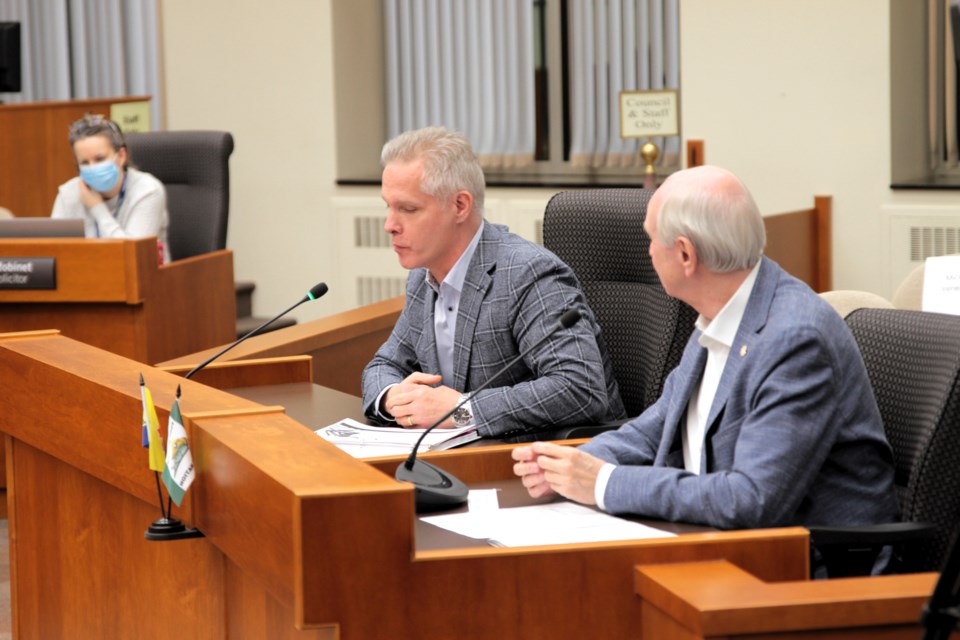THUNDER BAY – City council voted unanimously on a Legacy Plan to put $223,000 of revenue from the 2024 Ontario Winter Games into three sports-related programs and reserve funds for future sporting events.
The city received $1.5 million from the province for hosting the winter games, but it came with a caveat that $100,000 must be spent on sports legacy projects.
Therefore, Barry Streib, chair of the Games Organizing Committee (GOC), recommended to council:
- $15,000 to PRO Kids
- $10,000 to Special Olympics Thunder Bay
- $75,000 to the City’s Community, Youth & Cultural Funding Program (CYCFP) to be accessed by community organizations for sport development projects.
The remaining balance of $123,000 will be put into an event hosting reserve to bid, host, and support future major sporting events, multi-sport games and other significant events.
According to Paul Burke, sport and community development supervisor, the winter games had a local economic impact of $5.6 million.
The city contributed $250,000 and another $50,000 for services, according to Burke.
Coun. Rajni Agarwal asked if the city would see a return on their investment.
Burke stated the city contribution “ended up leveraging” the “$1.9 million in other grants.”
“The resulting legacy is the profit from the event,” said Burke.
Coun. Michael Zussino asked if the committee is looking into placing bids for future sporting events.
Burke said the multi-sport games administrative advisory committee has been looking at summer events; however, now that the city has established a “reputation as a strong winter games host,” Thunder Bay is more likely to win a bid for a winter event.
“The other thing that comes along with winter is that there aren't as many municipalities and as many communities going for winter events. So, it's more winnable sometimes to go after winter events,” said Burke.
Zussino also asked the committee about their challenges in hosting the Winter Games.
Burke said the majority of the athletes are coming from southern Ontario, and when travelling, most of them would be driving.
“It's the GTA coming to Thunder Bay. So, for us to bring the number of athletes here from a travel perspective was a certain challenge,” said Burke.
However, a big challenge was the lack of snow during the winter games.
“In the days before the cross-country events, we had people shovelling snow onto the trails, with people on snow machines getting into the bush to get snow onto the trails,” said Burke.
However, before the event began, several sports, including snowboarding and downhill skiing, pulled out of the games due to the cost of travel to Thunder Bay and the lack of available flights.
Coun. Andrew Foulds said he was annoyed “that many of the sporting organizations decided” to pull out of the games.
“We deserve games as much as southern Ontario, and I get a little annoyed by some of the discrimination against Thunder Bay,” said Foulds.
He asked what Thunder Bay needs to do to show southern Ontario “that we're not a second-class hosting city and that we can put on just as good games.”
Burke said that the ministry of sport needs to be aware that they would need to have five months' notice of “who the athletes are and where they're coming from.”
However, he also stated the problem with getting five months' notice is some of the athletes were still trying to qualify for the game three weeks before the event.
“We don't know whether they're coming from Toronto, Windsor, Ottawa, don't know. In fairness to the airlines, they couldn't put planes out or bring planes in without having that in advance. So, we really need to say to the province of Ontario and to all those provincial sports organizations, if you're gonna come to Thunder Bay, it needs to be different,” said Burke.
